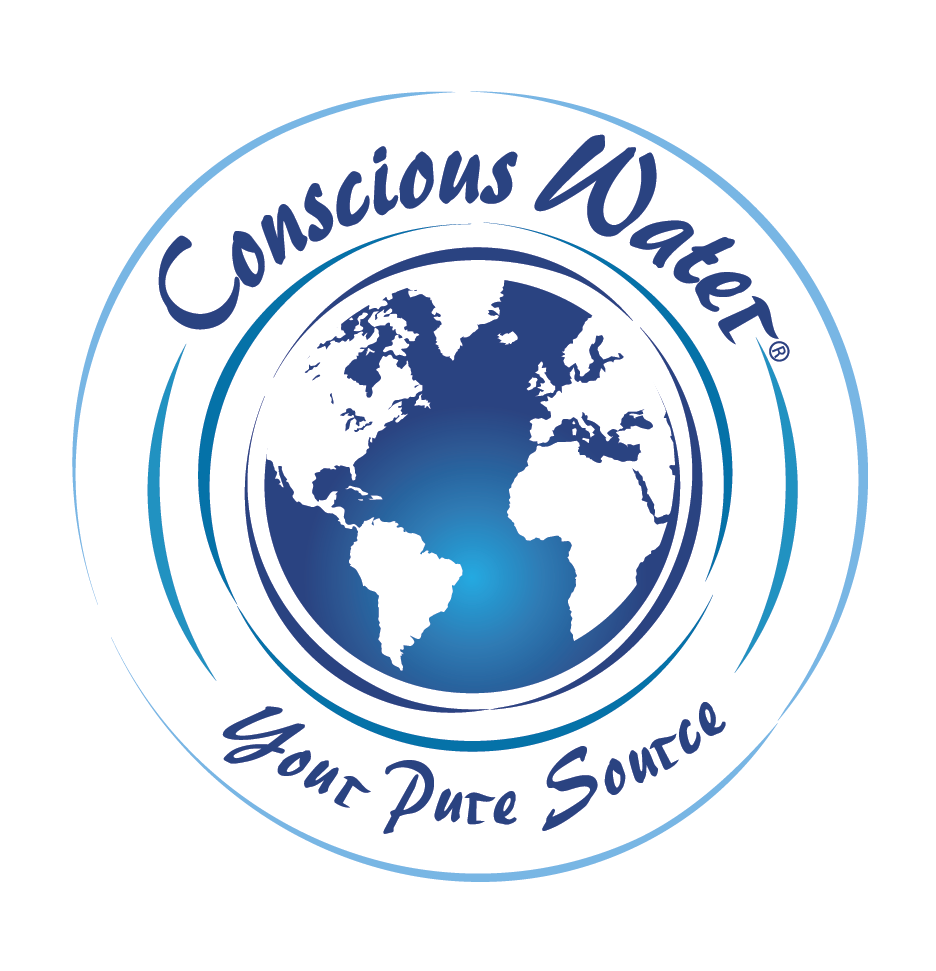Hydration affects your health. But how much hydration is needed each day? Can you drink too much water? Keeping your body hydrated requires understanding how much water your body needs each day and ensuring you get it from a healthy, clean water source.
What are the pros and cons of drinking a gallon of water each day? Here’s what you need to know.
Why Is It Important to Drink Water Every Day?
Hydration
Water helps regulate body temperature, transport nutrients to cells, and remove waste products through urine and sweat. Proper hydration supports your body’s natural functions.
Nutrient Absorption
Water plays an important role in the digestion and absorption of nutrients from food. Water helps dissolve nutrients so your digestive tract can absorb them.
Joint Health
Water lubricates your joints, helping you maintain joint flexibility and reducing the risk of joint pain and stiffness.
Circulation
Water is a major component of blood, which carries oxygen and nutrients to cells throughout the body. Staying hydrated supports healthy blood circulation.
Kidney Function
Adequate water intake is vital for supporting kidney function and promoting the elimination of waste products and toxins from the body through urine.
Cognitive Function
Even mild dehydration might impair cognitive function. When you’re dehydrated, you have trouble concentrating and tend to be less alert. Dehydration also affects memory function.
How Much Water Should You Drink?
How much water is enough varies from person to person based on a variety of factors, including:
- Body weight
- Age
- Sex
- Climate
- Activity level
- Overall health
Even considering these factors, it’s difficult to recommend how much water each person should drink. Instead of looking for an exact number of ounces when determining how much water to drink, consider the following:
- How you feel: If you’re thirsty, you need to drink more water. Drink when you feel thirsty and try to consume enough water to prevent thirst, or at least extreme thirst.
- Consult hydration guidelines: There are plenty of health and science industry guidelines on how much water to drink. For example, The National Academies of Sciences, Engineering, and Medicine recommends drinking 90 to 125 ounces of water per day, depending on whether you are male or female.
- Urine colour: One of the best ways to tell if you’re drinking enough water is to examine the colour of your urine. It should be pale yellow to clear; if not, you should increase your drinking water.
- Fluid loss: Consider how much fluid you’re losing throughout the day. If you’re sitting at a desk all day, not sweating or moving that much, you’ll need to replenish less water than someone working outside in hot, humid weather all day.
- Diet: Keep in mind that the water you drink isn’t the only way your body hydrates. You can get away with drinking fewer ounces of water each day if you’re eating a diet filled with hydrating foods like fruits and vegetables.
What Happens When You Drink a Gallon of Water Every Day?
Many health and fitness authorities recommend drinking a gallon (3.8 litres or 128 ounces) of water daily. Doing so can be beneficial, but it also poses a few risks.
Pros
Drinking a gallon of water each day is enough to keep just about everyone hydrated. Even if you lose a significant amount of water each day through physical exercise, a gallon is enough replenishment.
Most people who drink this much water experience a boost in physical performance. It helps them regulate their body temperature and keeps their heart functioning properly.
It also helps with strength and endurance. If you’re playing sports, make sure you drink water before you feel thirsty.
People who drink a gallon of water a day have healthier skin. Water keeps your skin moist and promotes elasticity.
Sufficient fluid intake supports healthy digestion. It helps your body absorb nutrients and promotes regular bowel activity. Many people find that increasing their daily water intake is enough to cure chronic constipation.
Proper hydration improves cognitive function. You might find that adding a cup or two of water to your current daily fluid intake improves concentration and clears mental fogginess.
Cons
The downside to drinking a gallon of water each day is that it can lead to water intoxication or hyponatremia. This is because too much water affects your body’s sodium levels.
If there’s not enough sodium in your blood, you’ll feel nauseous and confused and develop a headache – some of the same symptoms associated with dehydration.
It helps to add salt or electrolytes to water, but make sure you speak to a doctor about the appropriate amount of either. People who drink a gallon of water a day use the bathroom more than those who don’t.
This isn’t necessarily a bad thing or a health risk, but it can be inconvenient. It can indirectly affect your health by interrupting your sleep.
You’ll also want to pay attention to kidney stress when drinking a lot of water. The higher your water consumption, the harder your kidneys have to work to filter and excrete the excess.
Most of the time, healthy kidneys can handle the work, but be careful if you have a diagnosed or suspected kidney malfunction.
Drinking a gallon of water each day offers many health benefits. Proper hydration is one of the best things you can do for your overall health. But this doesn’t mean there isn’t a risk of overdoing it.
The best thing you can do is aim for a gallon daily and then pay attention to your body’s signals. If you start to feel unusual or experience nausea, foggy thinking, or anything else out of the norm, cut back on your water intake or speak to your doctor about enhancing your water with electrolytes or sodium.


